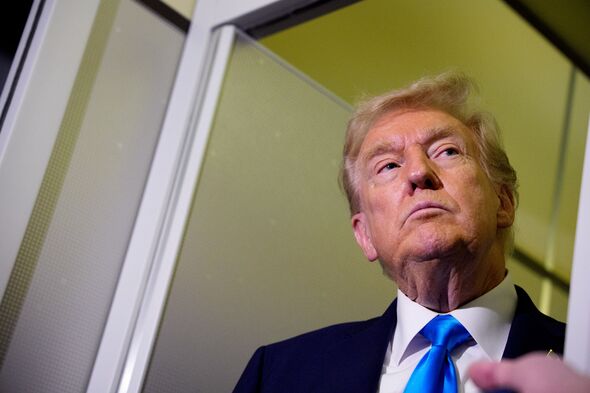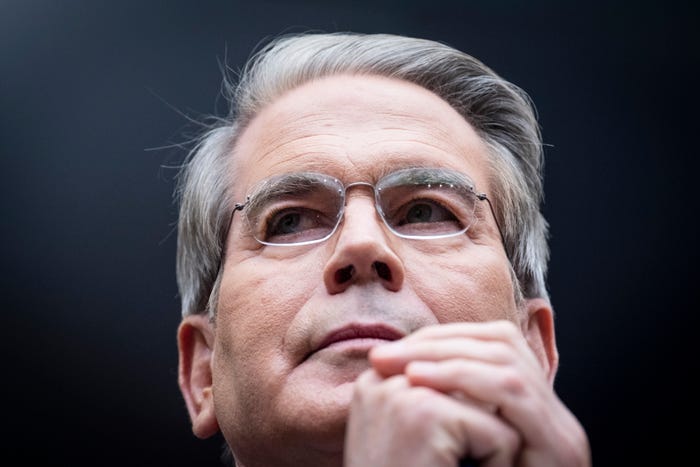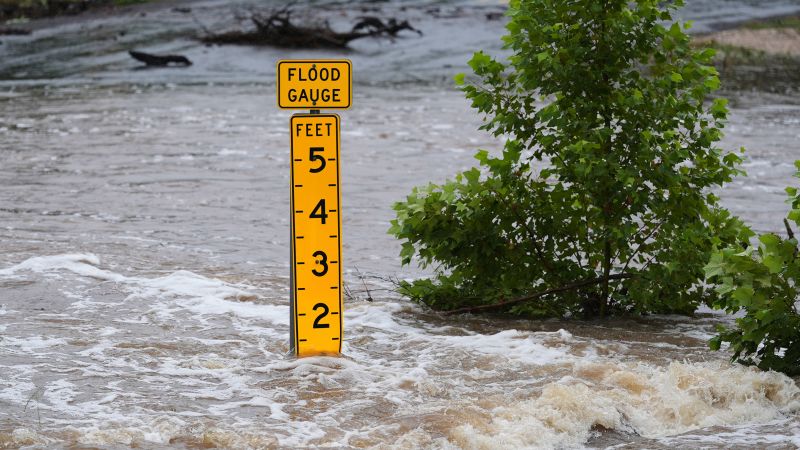Trump Issues Ultimatum to Hamas Amid Fragile Ceasefire

President Donald Trump sent a stark warning to Hamas on March 23, 2024, demanding the return of hostages’ remains within 48 hours. This message, conveyed through his Truth Social platform, comes as tensions escalate amid a fragile ceasefire agreement. Both Hamas and Israel have accused each other of violating the terms, raising concerns over the stability of the ceasefire brokered during Trump’s administration.
In his post, Trump emphasized the importance of returning the bodies of deceased hostages, including two Americans. He stated, “We have a very strong PEACE in the Middle East, and I believe it has a good chance of being EVERLASTING. Hamas is going to have to start returning the bodies of the deceased hostages, quickly, or the other countries involved in this GREAT PEACE will take action.” The situation remains precarious, with reports of ongoing violence complicating the ceasefire’s effectiveness.
According to Gaza’s media office, Israel has committed 47 violations of the ceasefire, resulting in the deaths of 39 Palestinians and injuries to approximately 143 individuals. Their statement condemned Israeli actions, which they claimed included direct gunfire against civilians and deliberate shelling. On the other hand, Israel has accused Hamas of failing to return the remains of hostages, with Hamas only able to return 15 out of the 28 deceased hostages so far. Hamas asserts that some remains are buried under the rubble left by Israeli bombardments, complicating recovery efforts.
In his latest communication, Trump acknowledged the challenges of locating all hostages. He urged Hamas to return the remains that are accessible, adding, “Some of the bodies are hard to reach, but others they can return now and for some reason, they are not. Perhaps it has to do with their disarming, but when I said, ‘Both sides would be treated fairly,’ that only applies if they comply with their obligations.” His post concluded with a reminder that he would be monitoring the situation closely.
Trump’s warning on social media was not his only recent threat regarding Hamas. During a refueling stop en route to Malaysia for a five-day Asia tour, he met with the Emir of Qatar. There, he voiced that Hamas “will have a very big problem” if it does not adhere to the ceasefire agreement. He stated, “The ceasefire will hold. If not, we will deal with Hamas very harshly. I hope for Hamas’s sake that it holds. They gave us their word. If it doesn’t hold, they will have a very big problem.”
Earlier in the week, Trump had described the potential repercussions of a ceasefire violation, indicating that if Hamas failed to comply, the response would be swift and severe: “We are going to eradicate Hamas.” This sentiment was echoed by Vice President JD Vance, who, during a visit to Israel, reinforced the administration’s stance, stating, “Hamas has to comply with the deal, and if Hamas doesn’t comply with the deal, very bad things are going to happen.”
Questions about the longevity of the ceasefire abound as the Trump administration prepares to advance its broader peace plan. Future phases of this plan are anticipated to be more contentious, addressing complex issues such as governance in the Gaza Strip and the disarmament of Hamas. The success of these negotiations will likely hinge on the immediate actions taken by both sides in the next few days.
As the deadline approaches, the international community watches closely, hopeful for a resolution that can stabilize the region and ensure the safe return of hostages, while also wary of the consequences should the ceasefire collapse.






